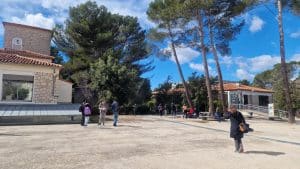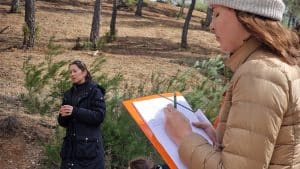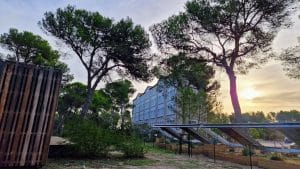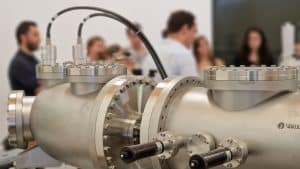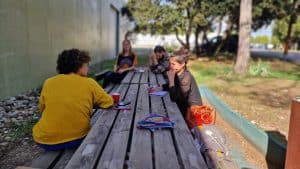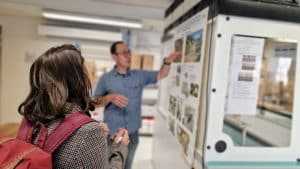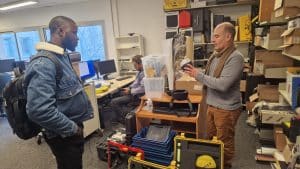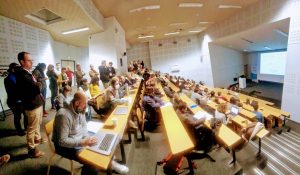Internship opportunities
M2 work placement: 6 months' immersion in a research team!
The Master 2 work placement enables students to immerse themselves in a research project, acquire data and contribute to scientific reflection. At the end of this period, students write a dissertation and summarise their findings.
The research placement takes place in semester 4 (S4) and is supervised by a professional or university placement tutor. The oral presentation, which follows the assessment of the written report, takes the form of a final examination before a jury.
These courses are offered as part of the various master's degrees attached to CEREGE and are also open to external students.
Our recommendations:
- Contact the course supervisors.
Check the list of internship topics below regularly, which is updated frequently (particularly between September and December).
Internship topics (2025-2026)
Earth and Planets
- Assessing Water Input from Permafrost Melt in Tibetan Catchments Using Cryo-Hydrological Modeling (provided)
- Geophysical constraints on the geometry of serpentinized bodies in Northern Corsica (provided)
- Evolution of the river landscape from Antiquity around the Mariana site to the modern period, Golo Delta, Corsica
- Quaternary geomorphological evolution of the Indus Valley, Ladakh, India
Climate
- Potential seasonal variability of the carbonate I/Ca ratio in the Mediterranean Sea: behaviour of an oxygenation proxy based on sediment-trapped material
- Magnetostratigraphic Dating and Paleoenvironmental Reconstruction of Paleogene Paleontological Sites in the Luberon Geopark (provided)
- Mangrove-Ocean Interactions and Sedimentary Oxygenation Dynamics in Senegalese Coastal Lagoons
- Constraining tropical planktonic foraminifera depth habitats in a (past) high-CO2 world
- Reconstruction of deep ocean carbon storage dynamics during the early Pleistocene in the Caribbean Sea
- Combining charcoal from long-term ecological experiments with that from late Quaternary to assess savanna charcoal-fire dynamics
- Ecological impact and fate of bauxite residues in the Cassidaigne canyon: assessment using a coupled foraminifera-biogeochemical approach
Sustainable Environment
- Vulnerability of mineral-organic associations in wheat rhizosphere under climate stress
- Study of the spatial and historical contamination by microplastics (MPs) in the sedimentary reservoir of the Bay of Marseille and the Calanques National Park (provided)
- Characterisation of innovative plant protection products for a more eco-responsible application
Resources, Hydrosystems and Carbonates
- Study of hydro-morphodynamics in the presence of bio-inspired coastal protection solutions
- Sedimentary and Diagenetic Architecture of the Couronne Limestones: Implications for Archaeology and Heritage Conservation
- Study of the hydrogeological functioning of an Alpine karstic reservoir (Dévoluy massif) based on environmental tracers
- Characterisation of a karstic hydrosystem: application to floods. Case study of the Vède river, Auriol (13)
- Studying the stable isotope signature of water to characterise groundwater recharge and water resources: comparison between the karstic observatories at Port-Miou and Fontaine de Vaucluse (SNO Karst)


